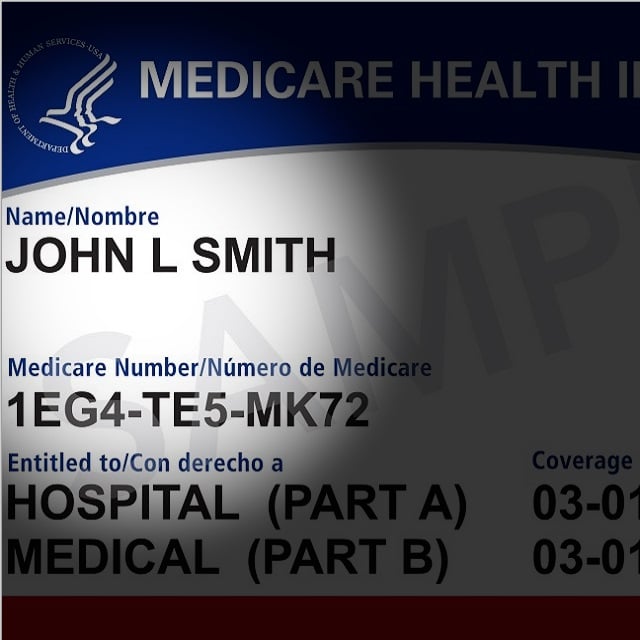Falcon
NOT FOR REPRINT
5 States That Might Hate Babies
By
Allison Bell
Slideshow May 17, 2019 at 04:48 PM
Share & Print
The U.S. Centers for Disease Control and Prevention (CDC) has a new vital statistics report that shows which states look as if they're making a serious effort to reach pregnant women, and which states... don't. (Related: How Some Americans Survive Without Major Medical Coverage) The CDC has put state-by-state, 2018 prenatal care use numbers in its latest look at births in America. One table reveals the percentage of newborns whose mothers received prenatal care during the first months of the pregnancy. The national average crept up to 77.5% in 2018, from 77.3% in 2017. Vermont was the leader, with 89.3% of its babies getting care in the first trimester. The first trimester care rates were also over 85% in California and New Hampshire. Some health indicators in the report reflect each state's income, wealth and demographics, but the prenatal care figures don't. Louisiana, for example, is a low-income state that often shows up at the bottom of U.S. health rankings. Hawaii is a high-income state that often shows up near the top. But Louisiana ranked 30th in terms of use of prenatal care in the first trimester. Hawaii ranked 45th. This one basic health care system performance statistic, which is probably something a state can control much more easily than its residents' income, or the overall number of providers per 1,000 residents, could affect the life expectancy of a state's population for decades. It could shape what health insurance rates are this year, and how many life insurance applicants can get super preferred rates in the 2050s. To see which states look, from this CDC data, as if they don't really care much about babies, see the data cards in the slideshow above. — Read Fastest-Growing Killers, on ThinkAdvisor. — Connect with ThinkAdvisor Life/Health on LinkedIn and Twitter.
NOT FOR REPRINT
© 2025 ALM Global, LLC, All Rights Reserved. Request academic re-use from www.copyright.com. All other uses, submit a request to [email protected]. For more information visit Asset & Logo Licensing.
Featured Resources
View All
Sponsored by Illinois Mutual Life Insurance Company
4 Reasons To Sell Simplified Issue Disability Income Insurance (SIDI)

Sponsored by Illinois Mutual Life Insurance Company
Simplified Issue Disability Income Insurance (SIDI): A Smarter Way to Sell and Protect








